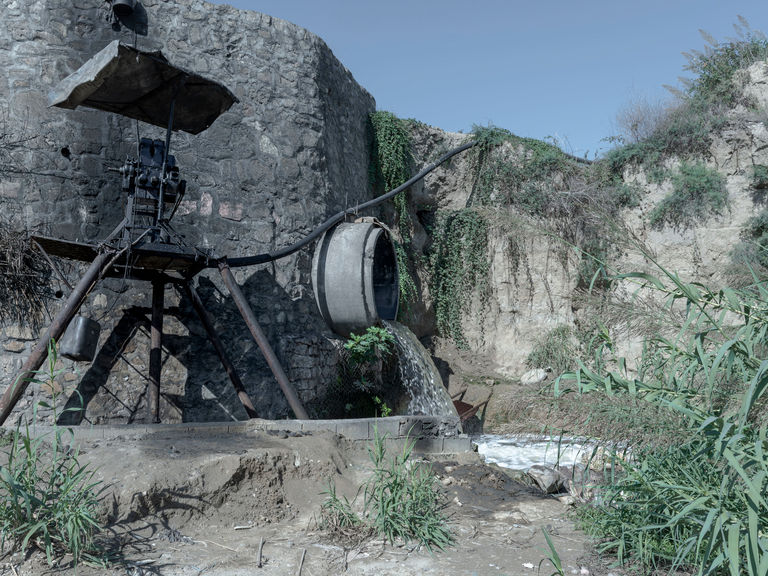Project Detail: Deadly Silence
Contest:
Swiss Storytelling Photo Grant 9th
Brand:
LuganoPhotoDays
Author:
Kianoush Saadati
Project Info
Deadly Silence
Effluents containing heavy metals are dangerous for every creature and affect the environment. Wastewater infiltrates into humans' and animals' food chains and silently have destructive effects on the immune system and internal organs like the lung, kidneys, stomach, etc.
In recent years, global warming and climate change resulted in a considerable decrease in groundwater and surface water. Low rainfall led to long-term droughts, and rivers have dried up. In a developing country like Iran, population growth policies caused an increase in water consumption and sewage also hugely increased and became a proper source to grow rice. Domestic and industrial wastewater is released into dried riverbeds and becomes a source to provide water supply for agriculture and livestock products. Agriculture entered a new stage, and sewage and chemical poisoning made people face a tsunami of gastrointestinal cancer.
I was born (and grew up) in a farming family in the North of Iran, concerned about environmental issues. Several years ago, in the village where I live, a small dam was constructed to collect surface water for fish farming and growing crops. Nowadays, unfortunately, domestic and industrial sewage fills this dam. It is 70 hectares and provides water supply for over 300 hectares of agricultural fields. In these fields, farmers grow more than 1000 tons of rice and breed more than 200 tons of fish. Effluents containing heavy metals are dangerous for every creature and affect the environment. Wastewater infiltrates into humans' and animals' food chains and silently have destructive effects on the immune system and internal organs like the lung, kidneys, stomach, etc.
According to the latest statistics of the International Agency for Research on Cancer (IARC) in 2018, the Northern provinces in Iran have the highest rate of lung cancer and gastrointestinal cancer, because water pollution and bad hygiene are the main reasons.


















